Marmotte, mouillette, accord : these words mean something to you, but we bet it doesn't have much to do with perfume. And yet! The vocabulary of perfumers is a joyful maze of surprising words. Follow the guide, we'll take you for a little tour.
Agreement

A chord, like music, is the combination of several essential oils - which we also call notes! - to achieve a uniform sound. There are many in perfumery. Some are very famous, like the rose accord: thanks to a combination of natural and synthetic ingredients , we recreate the very particular smell of this flower (notably present in Demain Promis ), whose extraction in its natural state costs a lot.
Aldehyde
Aldehydes are ultra-famous synthetic molecules, and very recognizable thanks to their smell of hot iron (yes, yes). As soon as you smell a metallic, warm, slightly greasy and sometimes slightly orange side, you can be sure that you are dealing with an aldehyde. To give you an idea, go smell Chanel N°5: this star perfume is a concentrate of aldehydes, and the first to popularize them.
Base
A base is a mixture of several raw materials made in advance to help the perfumer create a perfume more easily. They are often used to introduce a new synthetic molecule: for example, the Ambre 83 base, a gourmet base with vanilla scents, was born in 1889, fifteen years after the synthesis of vanillin. It was therefore used to “sell” vanillin to perfumers. We also use the bases to transcribe the scent of a flower or a silent fruit or to replace a natural raw material that is too expensive to extract.
Leather

The leather accord is a synthetic recreation of the smell of leather . Intense, the leather notes are smoky, dry and slightly tobacco. Depending on the raw materials used, the leather accord can make you think of leather goods, tobacco, old armchairs...
For the record, leather and perfume are very linked. In the 12th century, tanners settled and prospered in Grasse . The only downside: leather doesn't smell good... In the 16th century, we began to perfume gloves and leather accessories to cover their unpleasant smell. And that’s how perfume develops in Grasse !
Extract
Extracting something means isolating one or more components of a raw material using different extraction techniques: distillation, expression, enfleurage, etc. There is something for all tastes (and for all costs!). These techniques produce, from the same raw material, different final products: absolute, essential oil, hydrosol, etc.
Gourmand
A gourmand note is a sweet note . There is no difference between the two, apart from the fact that saying "greedy" sounds more professional. Give it a try, you'll see, it has a small effect (on the other hand, the famous "crunchy gourmet" combo has not yet been validated in perfumery).
Juice
In the perfume industry, "juice" is simply what you have in your bottle - that is to say what you call perfume (or eau de toilette, or eau de parfum... we explain the differences in this article ). It is therefore a mixture composed of perfume concentrate, water and alcohol!
Ionones
Ionones are synthetic molecules which have the particularity of smelling like violets . Violet being a mute flower, they are often used to reproduce its scent.
Marmot
We would have liked to tell you about the little animals that hiss... but that's something entirely different in perfumery. Marmots are small containers of 2.5 to 5mL which allow you to store the perfume concentrates that perfumers create. In short, it's the chic version of the test tube.
Mouillette
You probably think of the little pieces of bread that are dipped in boiled eggs. Well... it's the same principle! This time the mouillettes, also called touches, are small pieces of olfactory neutral and very absorbent paper which allow you to smell a perfume. Perfumers dip them in their marmots to evaluate their tests. And there you have it, you have a story to tell at your next brunch.
Wake

Like the mark left by a boat on the water, the wake is the olfactory impression perceived after the passage of a person who has applied perfume. We say that a trail is weak, strong, unforgettable... etc.
The power of the sillage has varied over time: extremely strong at the time of the court of Louis XIV (questionable hygiene had to be hidden...), today we prefer it lighter and more modern.
Zest
The word “zested” simply refers to the zest of citrus fruits . A zesty note reflects both the bitterness of the zest and the sweetness of the fruit. An astonishing combo that we often find in colognes from our grandparents' era, but also in Hors-Piste , in a more modern version!
If marmot isn't enough for you and you want to know even more, take a quick look at the glossary of the Société Française des Perfumers (SFP). Do you still have questions about perfumers’ vocabulary ? Tell us everything in the comments :)
--------
Photo Credit: Myriam Tisbo | Unknown | Ayla Sobral De Brito | Jules Théret | Unknown

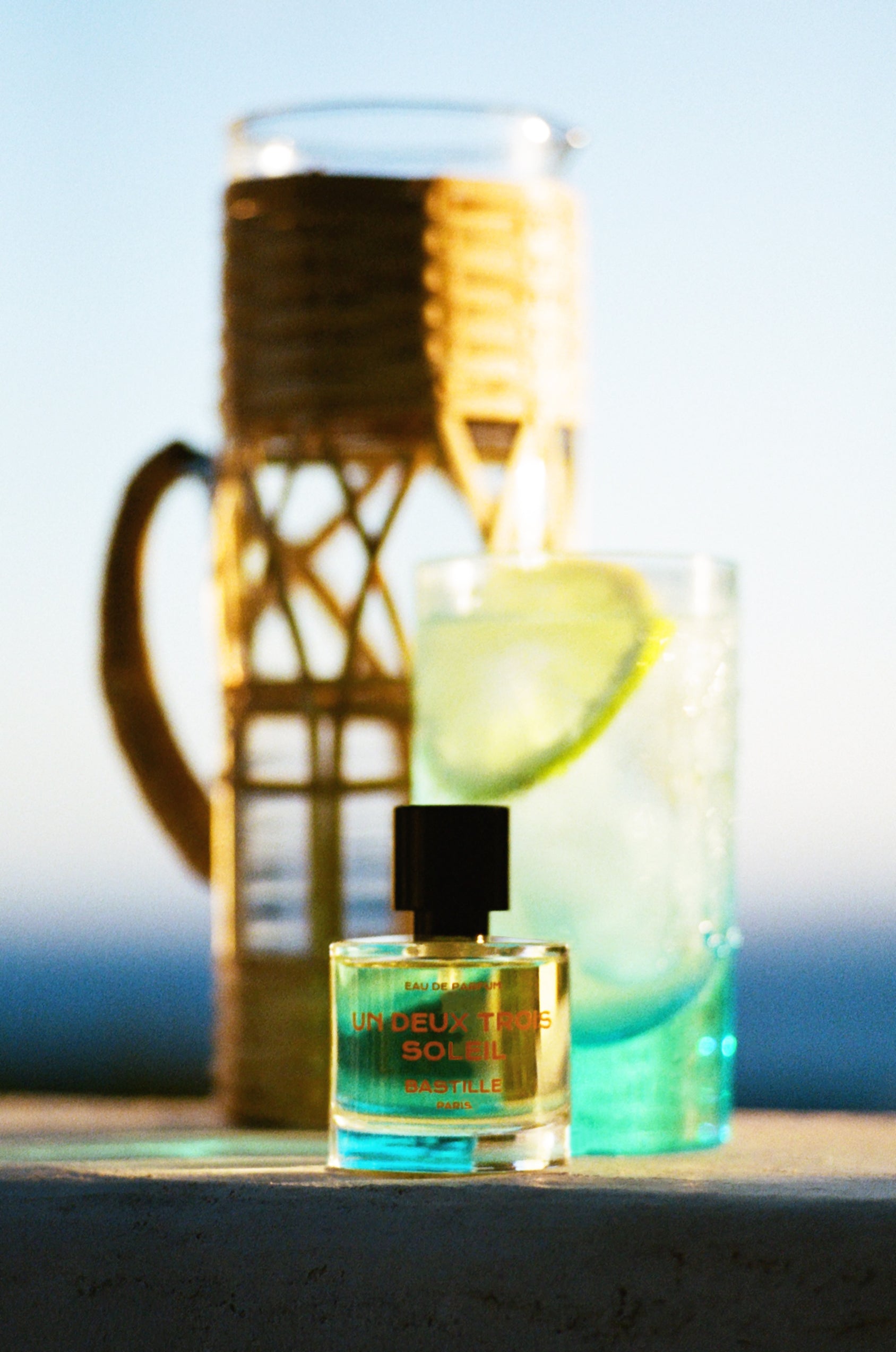






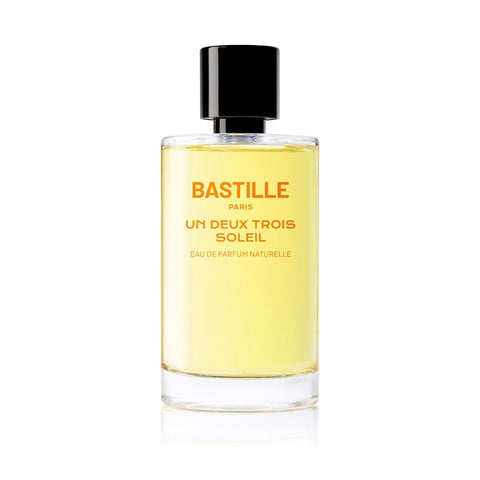
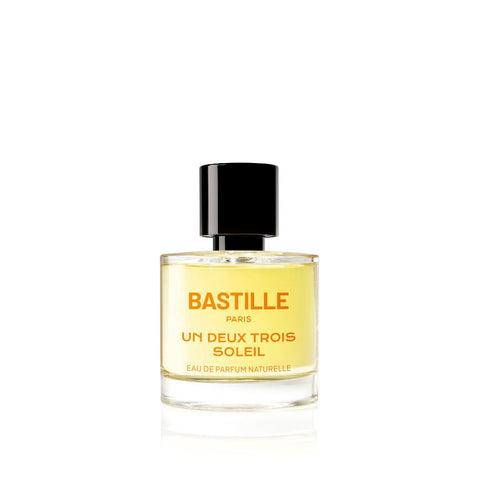
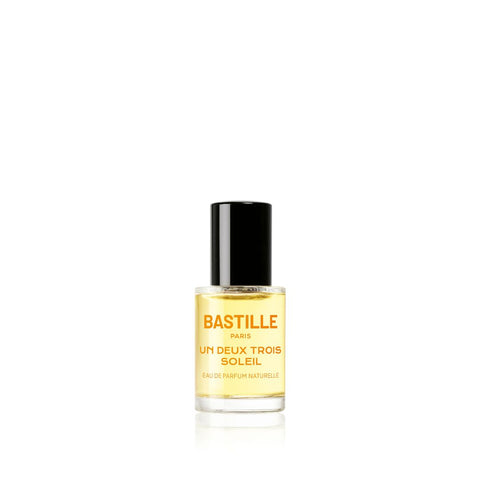
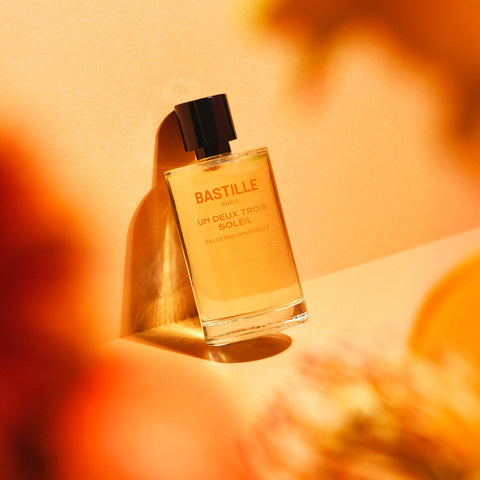
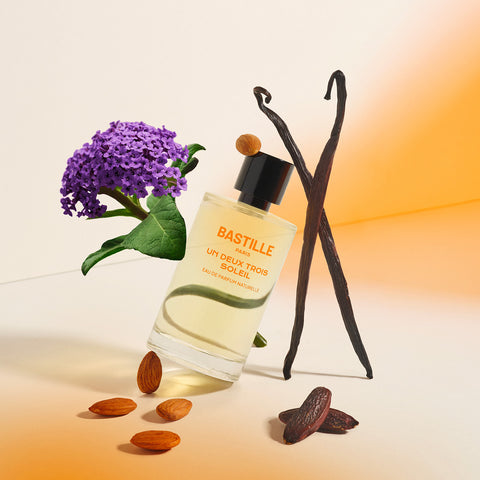
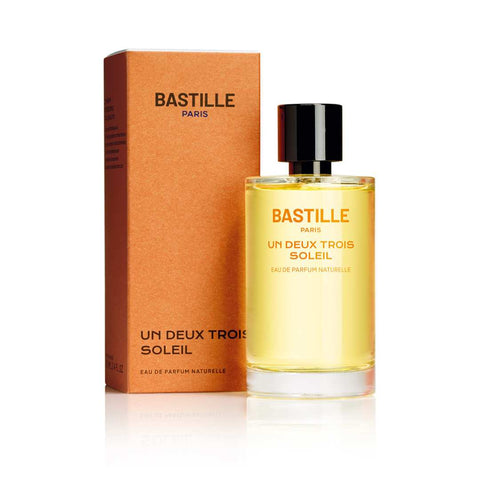
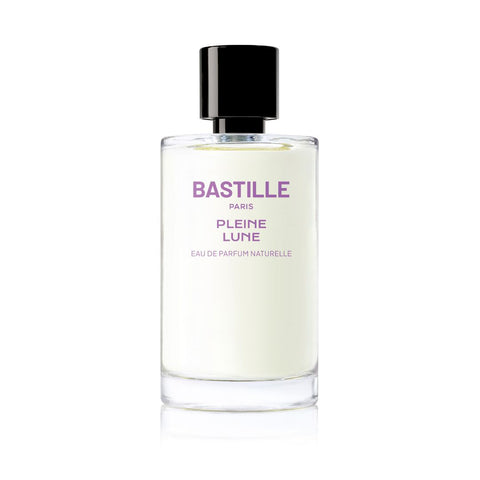
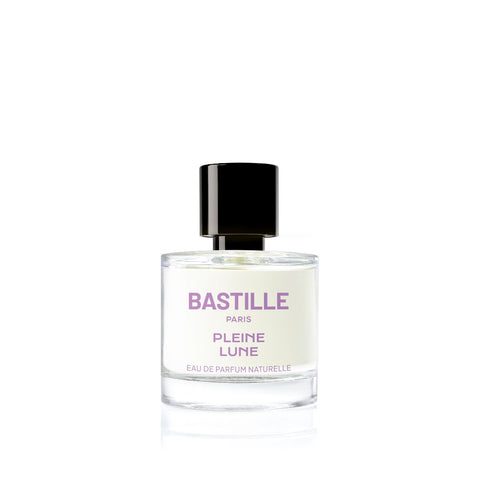
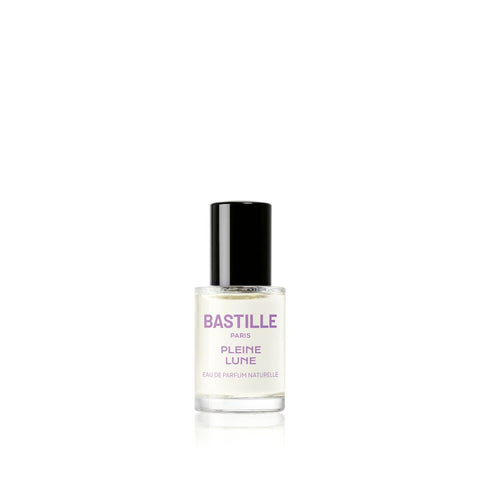
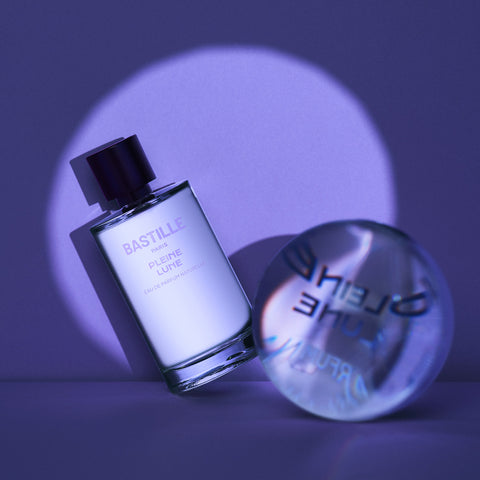
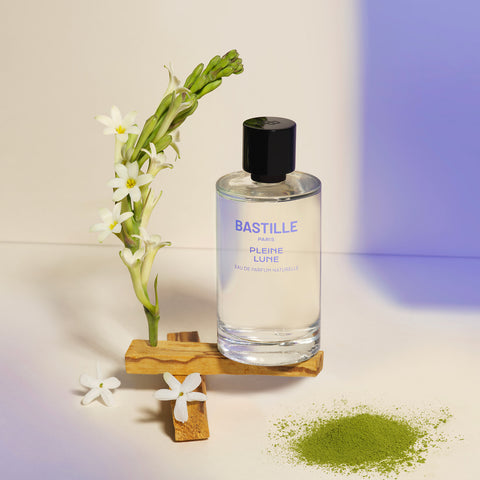
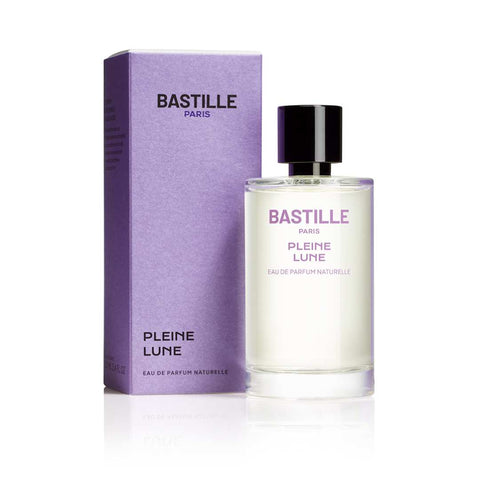
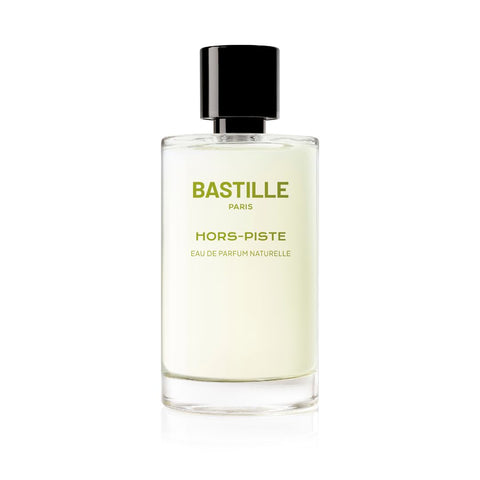
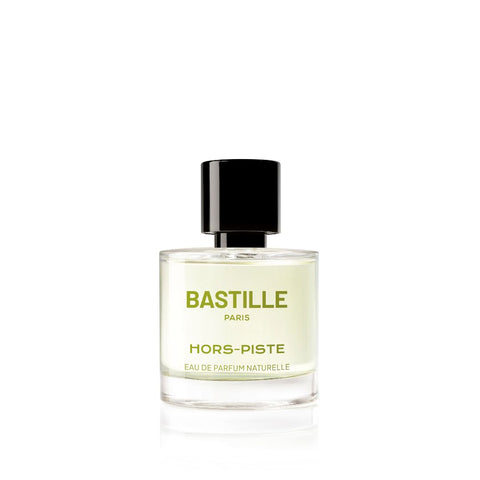
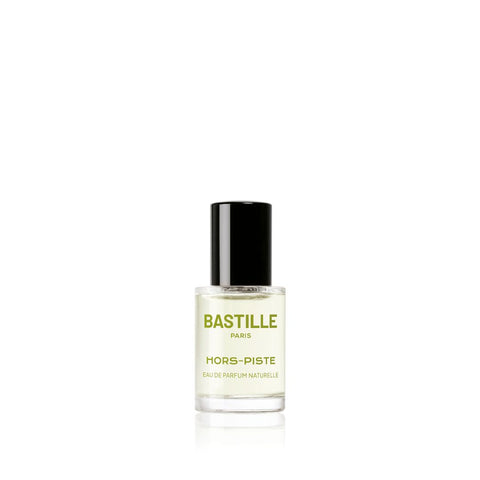
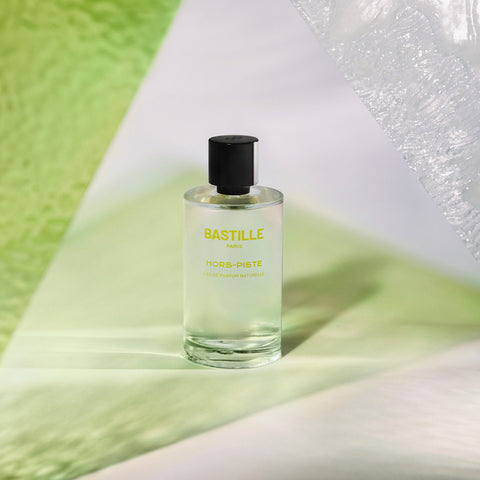
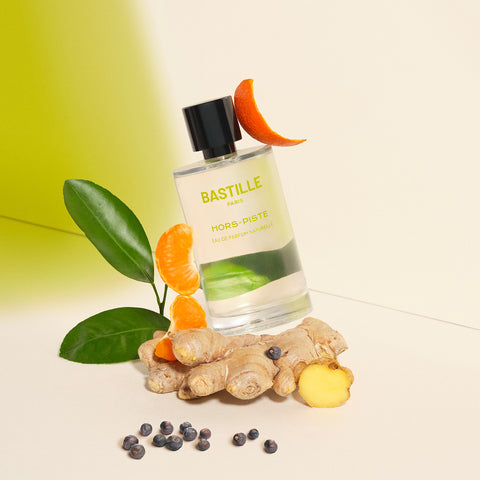
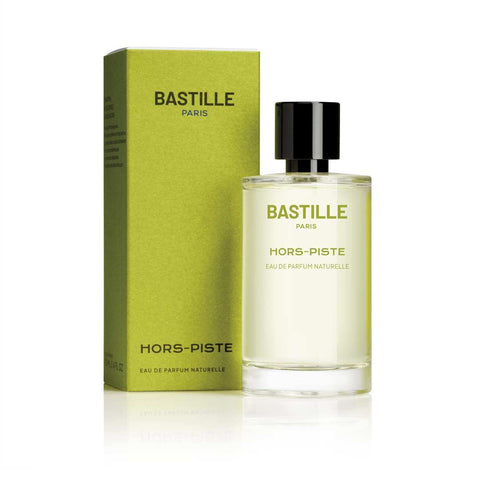

Comments (0)
There are no comments for this article. Be the first one to leave a message!